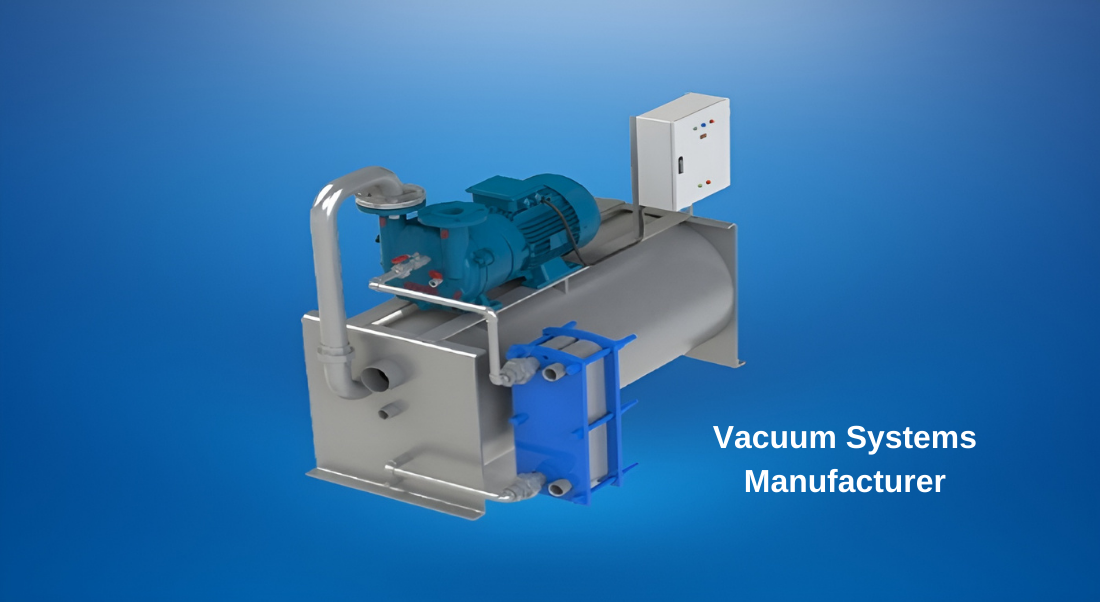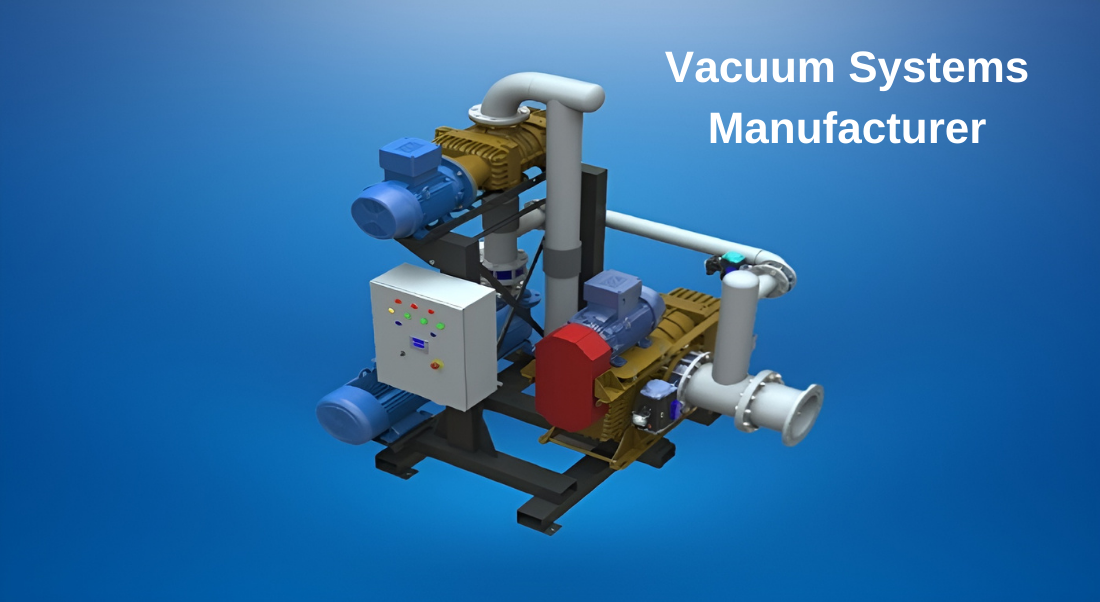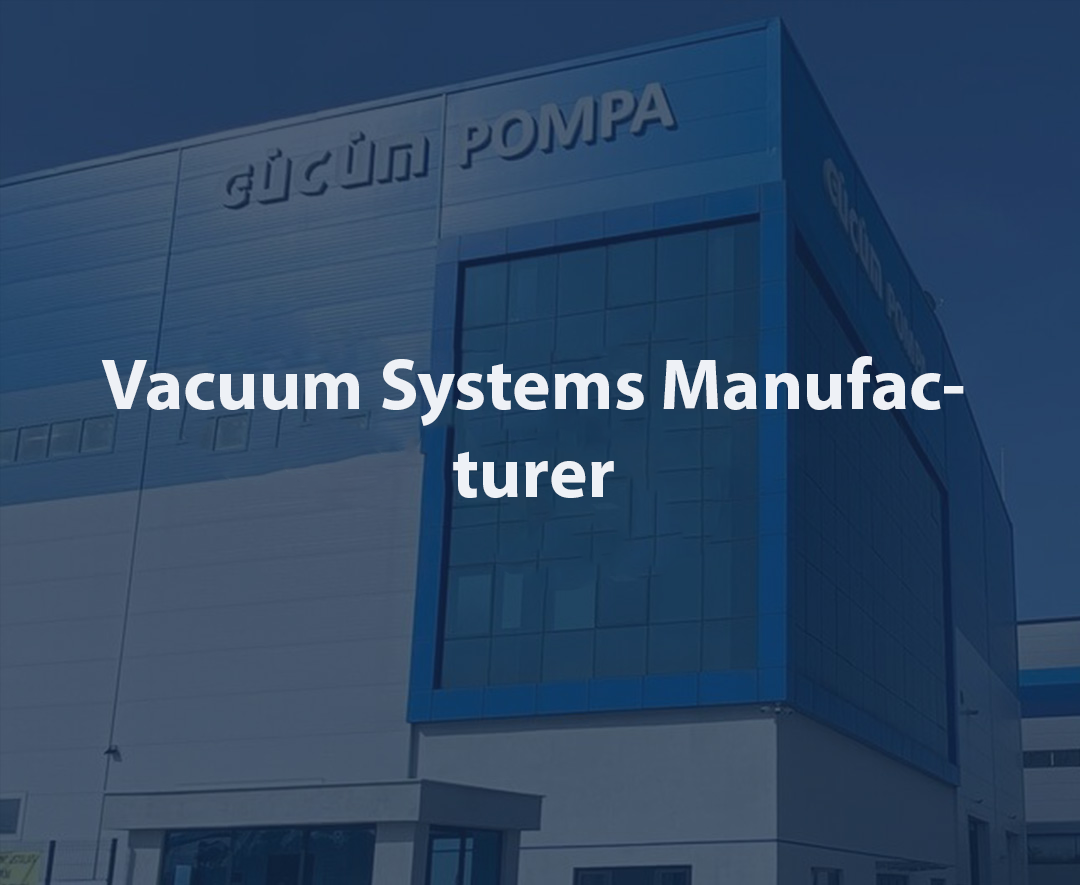Vacuum Systems Manufacturer
Content
- What type of system do you want to buy?
- What should be done to establish a suitable system?
- Thinking of finding a solution for new systems and systems?
- What kind of system is there in the new systems and systems?
- Do you want to reinstall your system and install a new system?
- So, is there any system where your system is facing an issue?
What type of system do you want to buy?
Bu, özel bir sistem için özel bir sistemdir, designed for various industrial needs and applications. Our product line includes various types of vacuum sistemi, each designed to meet the specific requirements of various industries.
One of the main types of vacuum systems we produce is the dry vacuum system. Bu sistem, büyük veya küçük bir sorunla karşı karşıya kalıyor, bu da ilk gün için geçerli. Contamination with lubricants must be avoided. Dry vacuum systems are commonly used in semiconductor manufacturing, pharmaceutical manufacturing and other high-tech industries where cleanliness is of utmost importance.
Another type of vacuum system we offer is the liquid ring vacuum system. These systems use a liquid ring as the primary means of generating vacuum pressure, making them well suited for applications involving high steam or condensable gas loads. Liquid ring vacuum systems are widely used in industries such as chemical processing, food and beverage manufacturing, and power generation.
In addition, we produce customized vacuum systems tailored to specific industrial processes and requirements. These custom solutions are developed in close collaboration with our customers to ensure they meet the exact specifications and performance criteria of their applications. Whether it's a complex vacuum system for aerospace testing or a compact solution for laboratory research, our team has the expertise to develop custom solutions that optimize performance and efficiency.
Our vacuum systems can include a variety of components including vacuum pumps, control valves, vacuum gauges and filtration systems, among others. Each component is carefully selected and integrated to ensure smooth operation and optimal performance of the entire vacuum system.
Overall, our commitment to innovation, quality workmanship and customer satisfaction allows us to provide a wide range of vacuum systems that meet the unique needs of industries, from manufacturing and processing to research and development. Whether it's standard off-the-shelf systems or custom-designed solutions, we strive to provide excellence in every vacuum system we produce.

What industries do you mainly serve as a manufacturer of vacuum systems?
As a manufacturer of vacuum systems, we serve a wide variety of industries to meet their specific needs and requirements. Some of the main industries we primarily serve include:
Semiconductor production. Vacuum systems are an integral part of semiconductor manufacturing processes, where they are used for wafer processing, deposition, etching and packaging.
Pharmaceuticals and biotechnology. In the pharmaceutical and biotechnology industries, vacuum systems play a critical role in processes such as filtration, drying, distillation and solvent recovery.
Food and Beverage: Vacuum systems are used in the food and packaging industries for applications such as vacuum packaging, deaeration, freeze drying and food concentration.
Chemical Processing: Chemical plants rely on vacuum systems for a variety of applications, including vacuum distillation, crystallization, degassing and solvent recovery.
Aerospace and aviation industry. Vacuum systems are used in the aerospace and aviation industries for testing, research and manufacturing processes such as composites curing, vacuum packaging and space modeling.
Automotive production. Vacuum systems are used in automotive manufacturing for tasks such as vacuum impregnation, brake bleeding, and engine testing.
Energy and Power Generation: Vacuum systems play a critical role in power plants for applications such as steam condensation, turbine evacuation, and transformer drying.
Research and Development: Research institutes and laboratories use vacuum systems for a wide range of experiments, materials processing and analytical equipment.
Environmental Testing: Vacuum systems are used in environmental chambers to test components and products under controlled vacuum conditions to simulate real-world scenarios.
Packaging and printing. Vacuum systems are an integral part of packaging equipment and printing machines for tasks such as sheet feeding, ink transfer and paper handling.
Serving these and other industries, we provide customized vacuum solutions that meet the stringent standards of performance, reliability and safety required for a variety of industrial applications. Our experience in producing high quality vacuum systems allows us to help improve the efficiency and productivity of various sectors around the world.
Can you provide turnkey solutions for vacuum system installation and integration?
As a leading manufacturer of vacuum systems, we offer complete turnkey vacuum system installation and integration solutions to meet our customers' specific needs. Our turnkey solutions cover the entire process, from initial consultation and design through installation, testing and ongoing support. Here's how we deliver turnkey solutions for the installation and integration of vacuum systems:
Consultation and Assessment: We begin by conducting a thorough consultation with the client to understand their requirements, objectives and specifications. This includes an assessment of the application, space limitations, process parameters and any other relevant factors.
Custom Design: Based on consultation and assessment, our team of engineers designs a custom vacuum system based on the customer's needs. Design considerations include factors such as vacuum requirements, pumping speed, system configuration, material compatibility, and safety standards.
Selection and procurement of components. We carefully select high quality components and equipment from trusted suppliers to ensure reliability, performance and compatibility with system design. This includes vacuum pumps, valves, pressure gauges, chambers, fittings and control systems.
Installation and Integration: Our experienced technicians manage the installation process, ensuring that all components are correctly assembled, connected and integrated into the existing infrastructure or process equipment. We handle everything from mechanical installation to electrical wiring and system calibration.
Testing and Commissioning: Once a vacuum system is installed, we conduct thorough testing and commissioning to verify its performance, functionality and safety. This includes leak testing, pressure testing, vacuum level testing, and system diagnostics to ensure optimal operation.
Training and Documentation: We provide comprehensive training to customer personnel in the operation, maintenance and troubleshooting of the vacuum system. In addition, we provide detailed documentation including instruction manuals, maintenance schedules and spare parts lists for your reference.
Ongoing support and service. Our commitment to customer satisfaction extends beyond installation. We offer ongoing support services, including regular maintenance, repairs and technical assistance, to ensure the continued reliability and efficiency of your vacuum system throughout its life cycle.
By offering turnkey vacuum system installation and integration solutions, we streamline the process for our customers, providing them with a hassle-free experience and peace of mind knowing that their vacuum system is professionally designed, installed and supported by experienced professionals.

What types of pumps and components are included in your vacuum systems?
Our vacuum systems are carefully designed and include a range of pumps and components to suit a variety of application and performance requirements. Here are the types of pumps and components that are typically included in our vacuum systems:
Vacuum pumps. Our systems can use different types of vacuum pumps, including:
-
Rotary vane pumps. These pumps are known for their reliability and efficiency, making them suitable for a wide range of applications.
-
Dry Scroll Pumps: Ideal for cleanrooms and applications where oil contamination is a problem. These pumps feature low operating costs and reliable operation.
-
Turbomolecular pumps. Turbomolecular pumps that provide high vacuum performance are used in applications requiring ultra-high vacuum levels, such as semiconductor manufacturing and research laboratories.
-
Diaphragm pumps. Known for their oil-free operation and chemical resistance, diaphragm pumps are commonly used in laboratories and analytical applications.
-
Liquid Ring Pumps: These pumps are suitable for applications involving the transfer of wet or saturated gases, such as vacuum distillation and extraction processes.
Vacuum Chambers: We use vacuum chambers in a variety of sizes and configurations to suit varying sizes, volumes and process requirements. These chambers are made from durable materials such as stainless steel or glass and feature durable seals to maintain the integrity of the vacuum.
Valves and Fittings: Our vacuum systems are equipped with high quality valves and fittings to control the flow of gases and regulate vacuum levels. These may include gate valves, ball valves, butterfly valves and vacuum gauges, as well as flanges, elbows, tees and flexible hoses for connecting system components.
Traps and filters. To protect your vacuum pump and keep your system clean, we install traps and filters to capture contaminants, moisture, and particulates. Depending on application requirements, these may include cold traps, foreline traps, oil mist filters and particulate filters.
Monitoring and Control Systems: Our vacuum systems are equipped with advanced monitoring and control systems to monitor and manage system performance. These may include vacuum controllers, pressure sensors, temperature sensors, and programmable logic controllers (PLCs) for automated operation and data logging.
Safety Features: We prioritize safety in our vacuum systems, including features such as safety valves, interlocks and alarms to prevent overpressure situations, leaks and other potential hazards.
By integrating these pumps and components into our vacuum systems, we provide optimal performance, reliability and efficiency to meet the stringent requirements of a variety of industrial, scientific and research applications.
How do you ensure the quality and reliability of your vacuum systems?
Ensuring the quality and reliability of our vacuum systems is of paramount importance in our manufacturing process. To achieve this goal, we apply several strict measures:
Quality Assurance Protocols: We adhere to strict quality assurance protocols at every stage of the manufacturing process. This includes careful inspection of materials, testing of components and evaluation of the final product to ensure compliance with industry standards and customer specifications.
Certified components. We source components and materials from reliable suppliers that meet strict quality standards and are certified. This ensures that our vacuum systems are built using reliable, durable components known for their performance and longevity.
Reliable construction and engineering. Our team of engineers designs vacuum systems with a focus on strength, reliability and durability. We use advanced design software and simulation tools to optimize system performance and durability under a variety of operating conditions.
Testing and Inspection: Before shipping, each vacuum system undergoes comprehensive testing and inspection procedures to ensure functionality and performance. This includes testing for vacuum leaks, pressure and flow measurements, and testing the functionality of all system components.
Documentation and Traceability: We maintain detailed documentation and traceability records for every vacuum system, including component specifications, assembly procedures and test results. This allows us to monitor the production process and quickly identify and resolve any quality issues that may arise.
Continuous Improvement: We are committed to continuous improvement of our manufacturing processes and product designs. Customer feedback, field performance data and internal evaluations are used to identify areas for improvement and implement improvements in future versions of our vacuum systems.
Customer support and service. We provide comprehensive support and customer service to resolve any issues or problems that may arise with our vacuum systems. Our team of technical experts is available to assist customers with installation, troubleshooting, service and repair to ensure the continued reliability and performance of our products.
By taking these steps, we maintain our commitment to providing high quality and reliable vacuum systems that meet the needs and expectations of our customers across a variety of industries and applications.
Can your vacuum systems be integrated with existing industrial equipment?
Our vacuum systems are versatile and easily integrate with existing industrial equipment for a wide range of applications. Here's how:
Customization Options: We offer customization options that allow our vacuum systems to easily integrate with a variety of industrial installations. This includes tailoring system sizes, configurations and interfaces to suit specific installation requirements and compatibility with existing equipment.
Flexible installation solutions. Our vacuum systems are designed with flexible mounting solutions that allow them to be installed in a variety of orientations and locations throughout industrial facilities. Whether wall-mounted, floor-mounted, or integrated into existing equipment, our systems can meet a variety of installation needs.
Interface Compatibility: We design our vacuum systems with compatibility in mind, ensuring they can easily interface and communicate with other industrial equipment and control systems. This facilitates seamless integration into existing automation and process control systems without the need for significant modifications or additional hardware.
Modular design. Many of our vacuum systems are modular in design, consisting of interchangeable components and modules that can be customized or expanded to meet specific integration requirements. This modular approach allows for easy scalability and adaptability to changes in production needs or system configurations.
Comprehensive support. Our technical team provides comprehensive support throughout the integration process, offering expertise in system configuration, interface compatibility and installation. We work closely with clients to understand their integration needs and provide guidance and assistance at every step of the process.
Compatibility Testing: Before deployment, we conduct rigorous compatibility testing to ensure smooth integration with existing industrial equipment. This includes testing of communication protocols, electrical interfaces, and mechanical compatibility to verify compatibility and minimize potential problems during installation.
Training and documentation. We provide training and complete documentation to help customers integrate our vacuum systems with their existing equipment. These include detailed installation guides, wiring diagrams and operation manuals to facilitate integration and operation.
Overall, our vacuum systems are designed to provide maximum flexibility, compatibility and ease of integration with existing industrial equipment, allowing customers to optimize their processes and increase productivity with minimal downtime.
